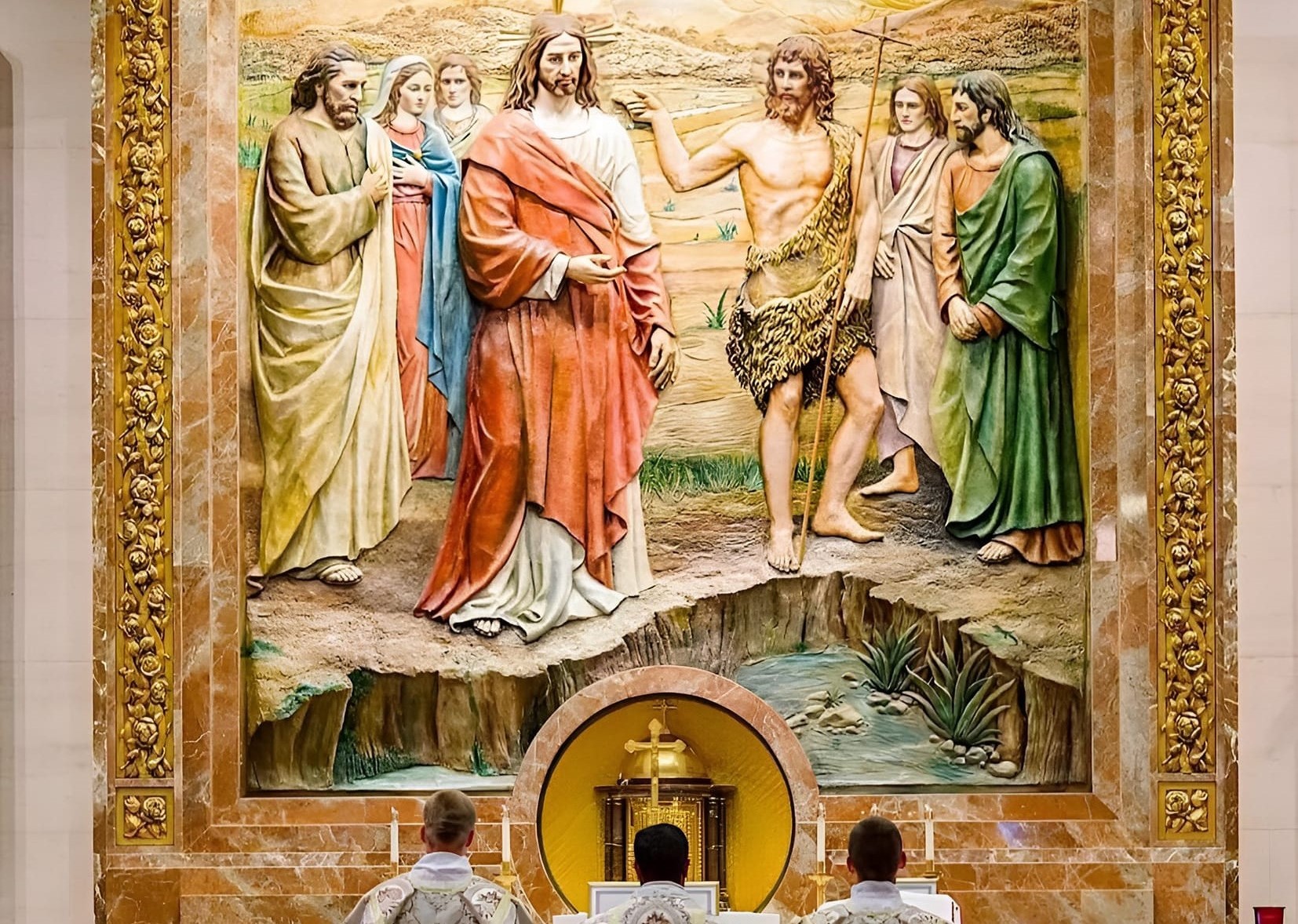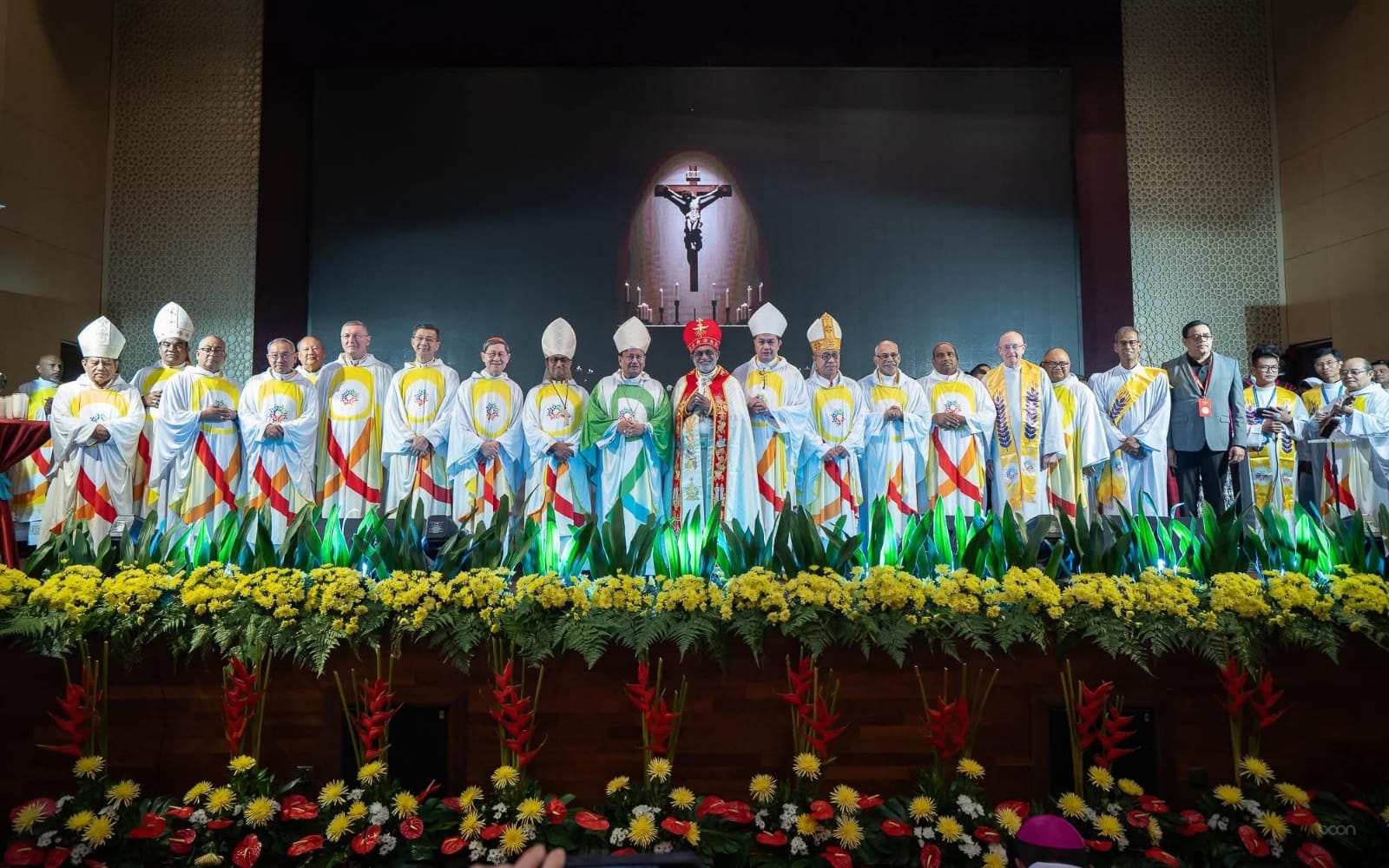Rev José Mario O Mandía
jmom.honlam.org
Relations between the Church and the State will vary according to circumstances, e.g., countries with a Catholic tradition and others in which Catholics are a minority. Nonetheless, the right to religious freedom must always be safeguarded; social and civil freedom in religious matters is the source and synthesis of all of the rights of the human person (cf John Paul II, Centesimus Annus, 47). Relations are usually regulated either through the Constitution of the country, or through Concordats.
(1) In many countries, the Constitution guarantees the religious freedom of their citizens and that of religious groups.
(2) Concordats are agreements between the Church and each State where specific solutions are agreed upon in matters such as freedom of the Church and its entities to exercise their mission, education, marriage of Catholics, financial aid, observance of religious holidays, and so on.
Certain matters are the concern of both Church and State, particularly questions of marriage and education.
MARRIAGE
CHURCH. The Church has the right to regulate the marriage of Catholics, even if only one of the contracting parties is Catholic. Marriage is a sacrament and the Church establishes norms for its validity and legality. In some concordats, the Church obtains a certain civil recognition for its matrimonial legislation.
Under certain circumstances, it has to tolerate (never approve) that some of its rights in this matter are not recognized by civil law (e.g., indissolubility or unity) without prejudice to the immediate force of the divine natural and positive law.
STATE. Marriage is a natural contract. Hence, the State regulates its effects in the civil order (cf Code of Canon Law, 1059). It is the State’s duty to recognise the right of Catholics to contract a Church marriage, and to give it civil validity without obliging them to go through a civil marriage ceremony, since they are already married.
EDUCATION
Education (including religious upbringing) is primarily a right and responsibility of parents. They are the ones who determine the kind of education that their children will receive and who choose the means to achieve this end. When the initiative of parents or of social groups does not suffice, the State assists them by setting up its own schools, while always respecting the right of the parents to orient the education of their children.
The right and responsibility of parents in education includes establishing and managing schools in which their children can receive an adequate education. Since these schools contribute to the common good, the State should recognize, support and subsidize them (cf John Paul II, Familiaris consortio, 36). Children, whatever school they may be in, have the right to receive an education that is in consonance with their religious convictions (cf CCC 2229).
CHURCH. The Church has to determine and watch over everything that refers to teaching and spread of the faith: programs, content, books, suitability of teachers. It is an aspect of the power of the Magisterium that belongs to the Hierarchy, and a right of the Church to defend and guarantee her identity and the integrity of her doctrine. No one can teach Catholic doctrine unless he is approved by the ecclesiastical authority (cf Code of Canon Law, 804-805).
The Church can also establish its own centers of instruction, and be recognized and if possible receive state aid under the same conditions as other private schools without losing its Catholic educational philosophy and its dependence on Church authorities (cf Code of Canon Law, 800).
The Church can also promote social initiatives compatible with its religious mission (hospitals, communication media, orphanages, shelters) with the same conditions as initiatives of this type (e.g., tax exemption, certification of personnel, subsidies, collaboration of volunteers, possibility of collecting contributions).
STATE. The State lays down norms of education necessary for the common good (levels, grades, access of all to instruction, content, recognition of degrees). It will have to observe the principle of subsidiarity, respecting the rights of parents to oversee the orientation of their children’s education.
It would be tyrannical for a state to try to maintain, even if only indirectly (e.g. withholding subsidies) a monopoly over education.


 Follow
Follow


